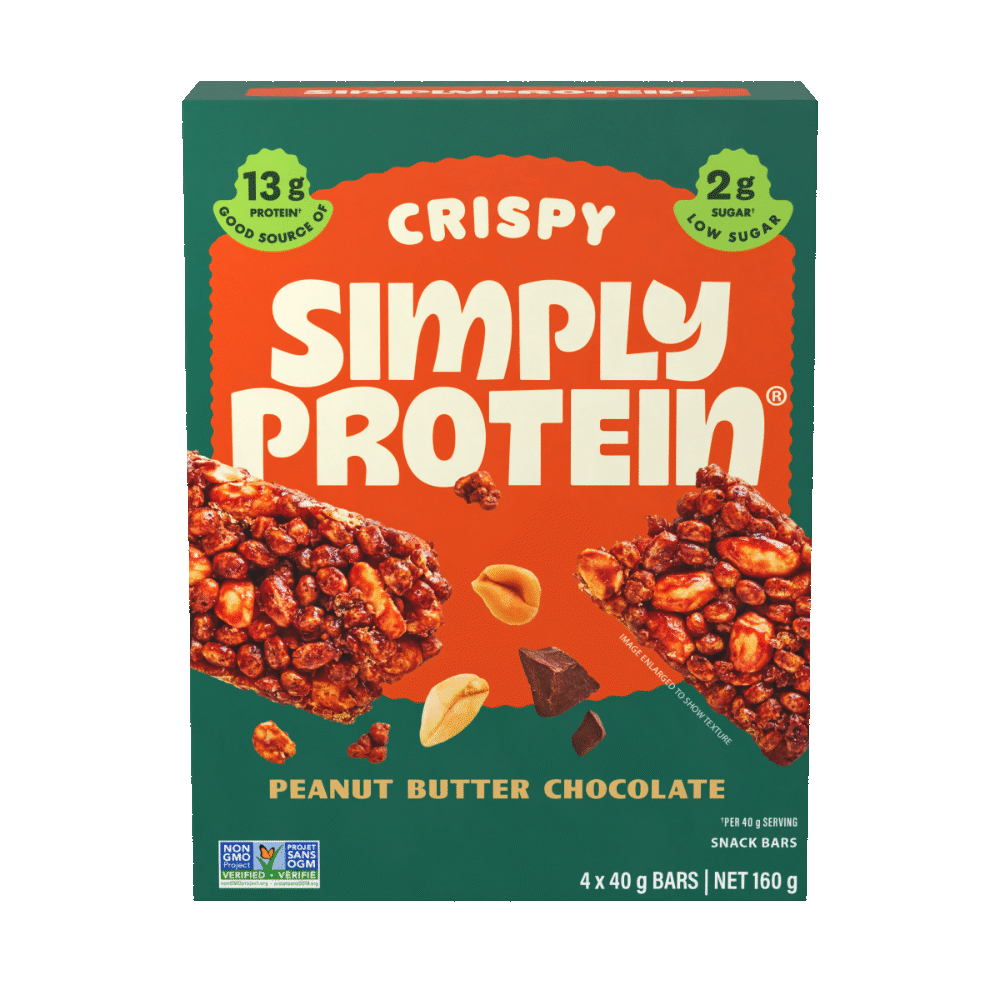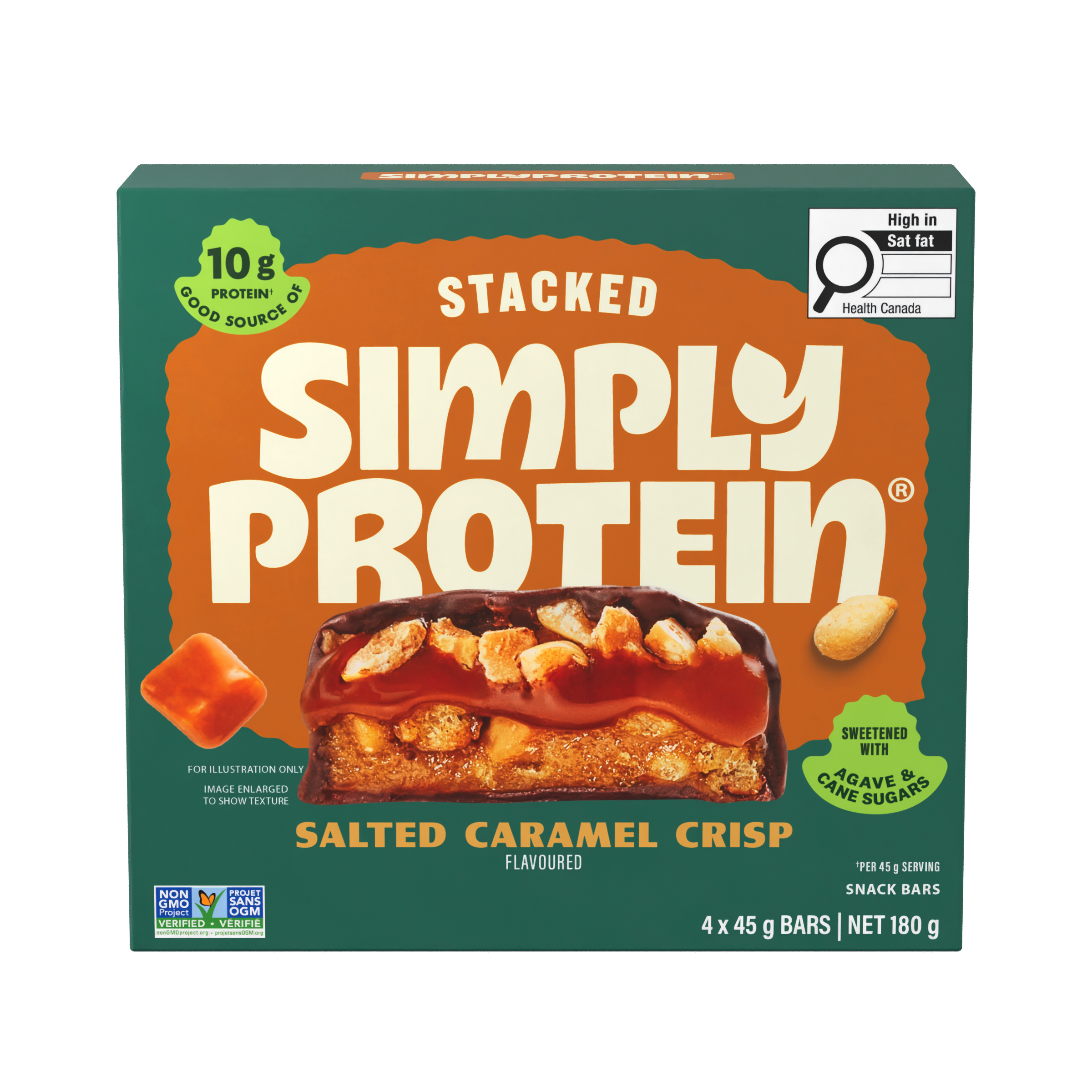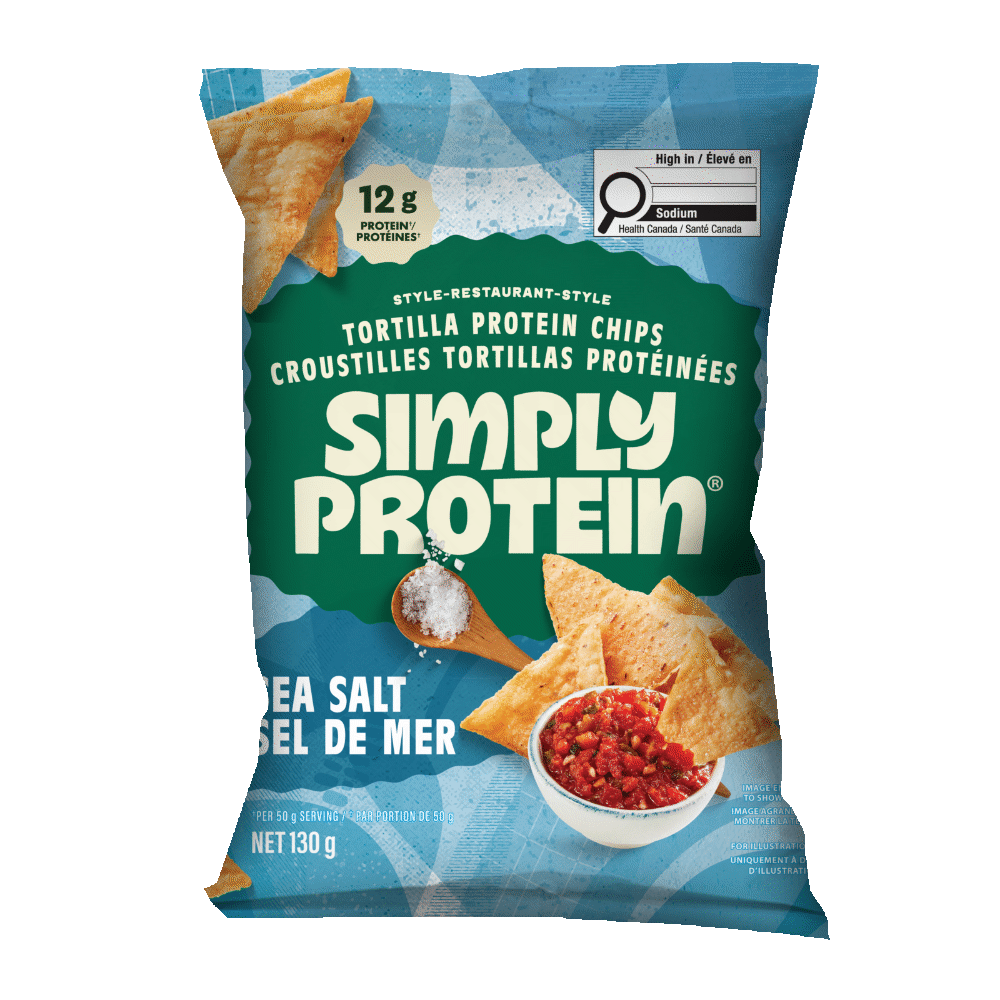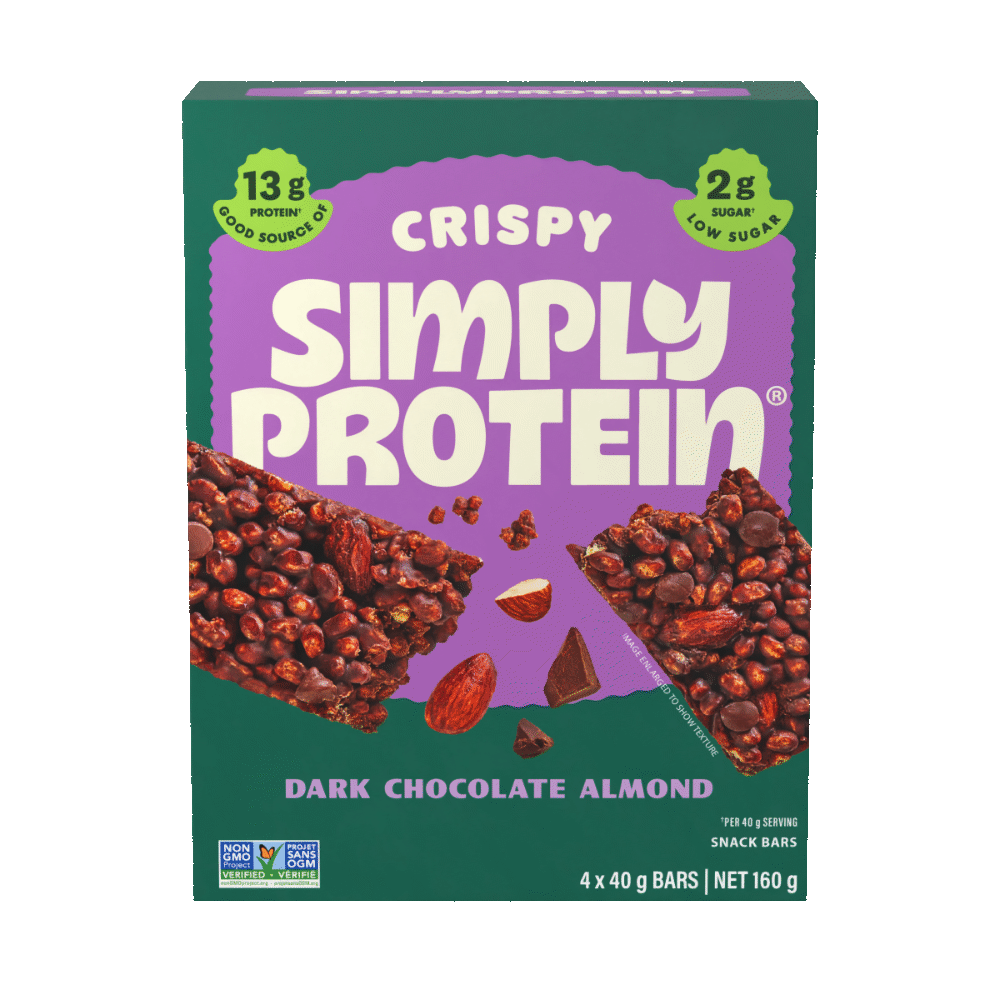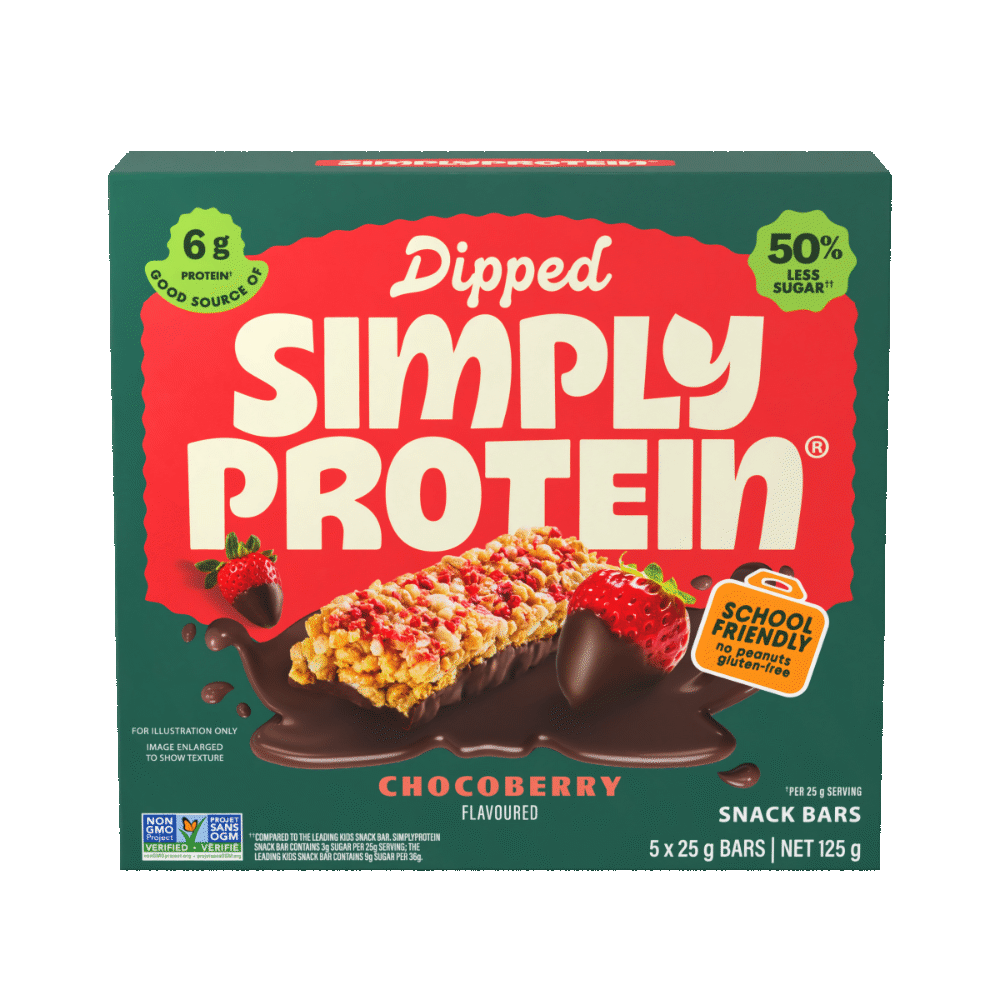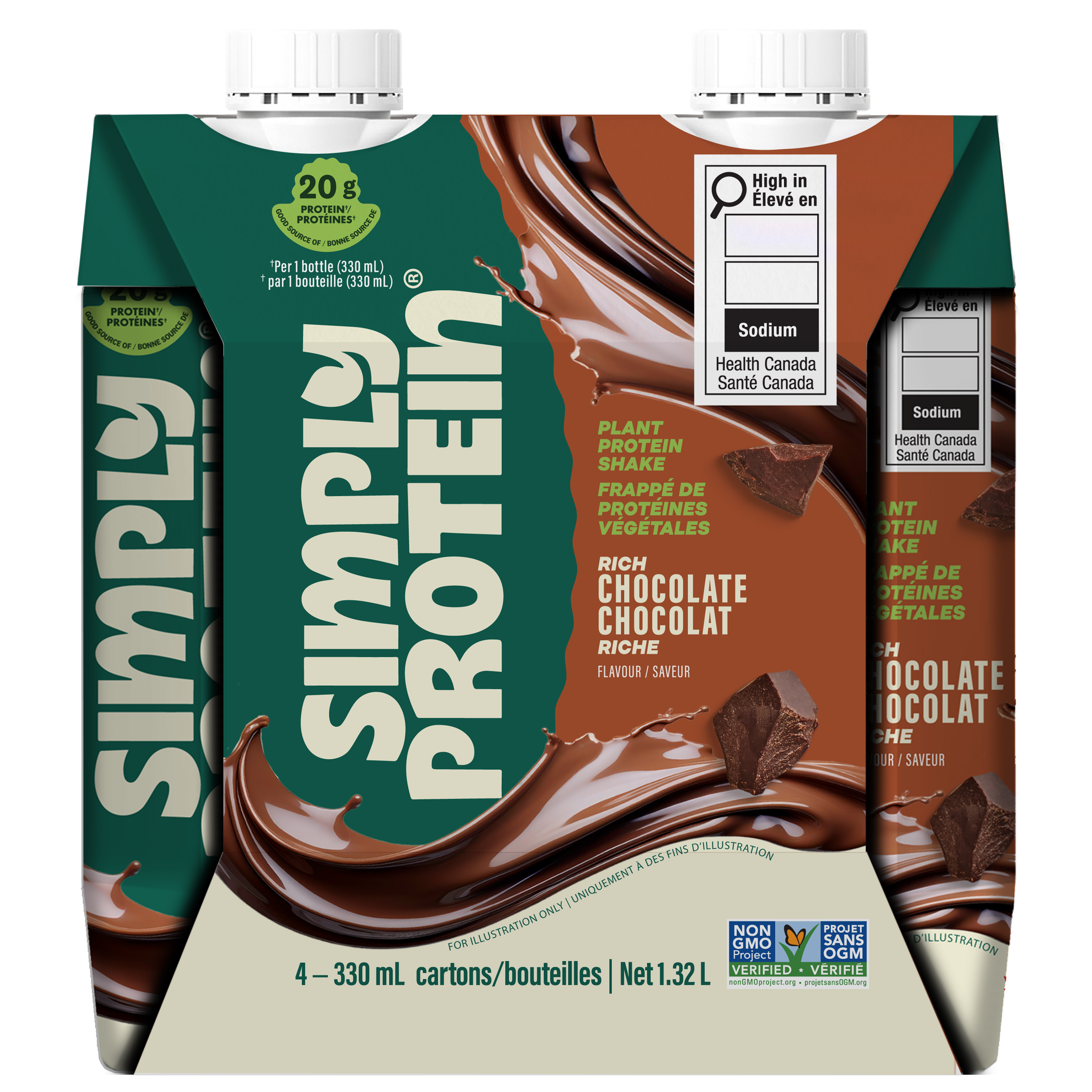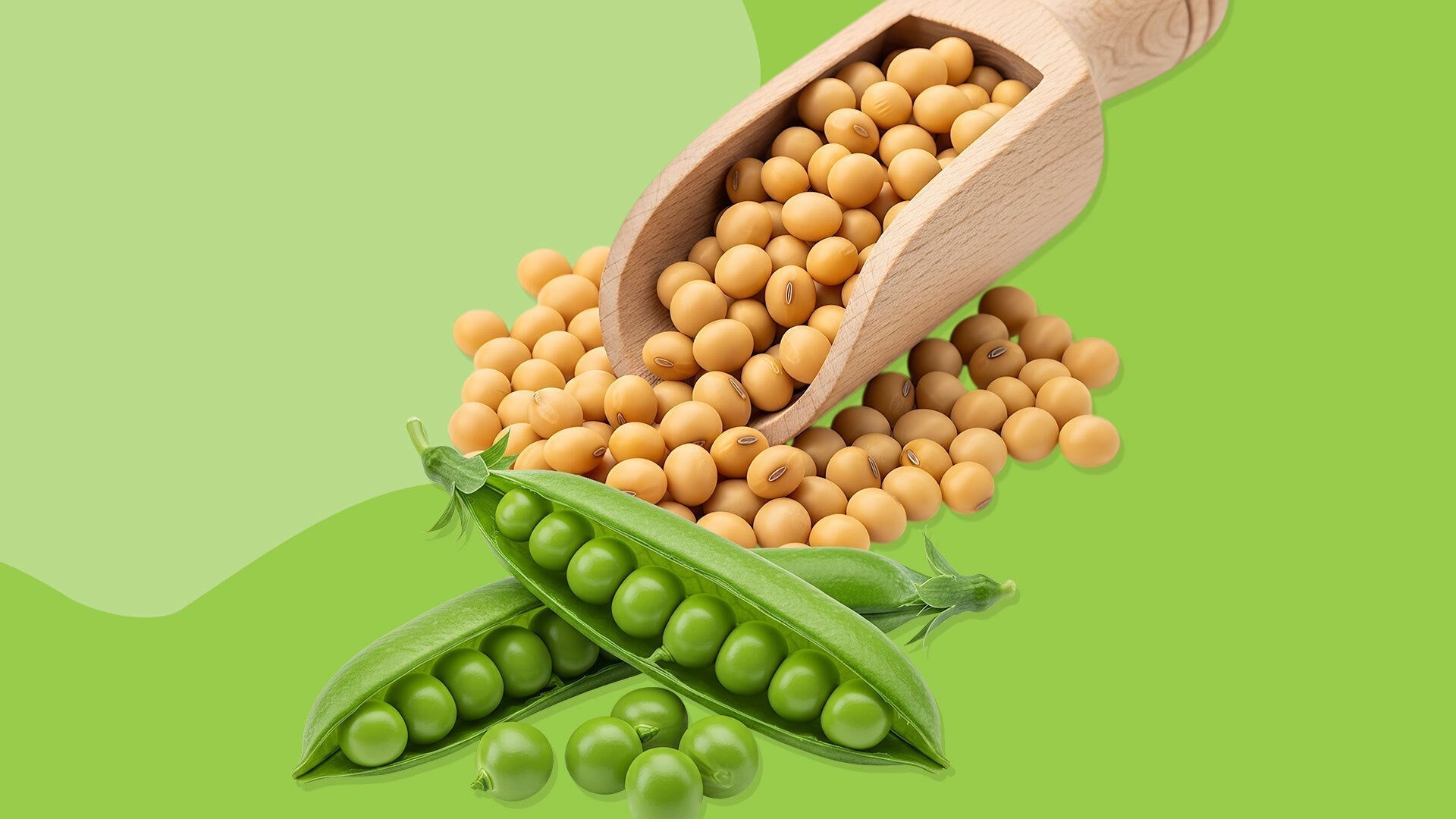
Are mornings really the best time to eat protein? Here’s how to balance your intake through the day
You’ve probably heard that breakfast is the most important meal of the day, but when it comes to protein, is morning really the best time to get your fill? Many fitness experts and nutritionists recommend the 30-30-30 rule—consuming 30 grams of protein at breakfast, 30 grams at lunch, and 30 grams at dinner. The idea is that spreading your protein intake evenly throughout the day helps maximize muscle repair, boost metabolism, and keep energy levels stable. So, should you start every morning with a protein-packed meal, or does it matter more that you’re getting enough protein throughout the day?
Why protein timing matters
Protein is an essential macronutrient that plays a large role in muscle repair, metabolism, and satiety. Unlike fats and carbohydrates, which the body can store for later use, protein is not stockpiled in the same way. This means your body requires a steady intake of protein throughout the day to support muscle recovery, hormone production, and immune function.
The 30-30-30 rule is a popular approach to protein distribution that ensures:
- Steady energy levels and better appetite control throughout the day
- A consistent supply of amino acids for muscle maintenance and recovery
- Reduced risk of protein overload at dinner, which can lead to inefficiencies in muscle synthesis
How much protein do you really need?
While the 30-30-30 rule is a useful guideline, individual protein needs vary based on factors like age, activity level, and overall health goals. The standard Recommended Dietary Allowance (RDA) suggests 0.8 grams of protein per kilogram of body weight, but this may be too low for those who are physically active or looking to build muscle. Athletes and active individuals may require 1.2 to 2.0 grams per kilogram to support muscle recovery and performance. When determining how much protein you really need, it's important to take an individualized approach. Your protein intake will largely depend on your unique makeup, as well as your long-term health goals.
Signs you may not be getting enough protein:
- Brittle hair and nails
- Frequent hunger and cravings
- Slower recovery after exercise
- Persistent fatigue or low energy levels
- Difficulty building or maintaining muscle mass
If you experience any of these symptoms, it may be time to assess your daily protein intake and consider adding more protein-rich foods or SimplyProtein snacks to your diet. It's important to note that failing to consume enough protein can hinder muscle repair and growth, leading to increased muscle breakdown, prolonged recovery times, greater fatigue, and a higher risk of injury—all of which can significantly impact performance and overall progress toward your fitness goals.
The science behind protein timing
Optimizing Muscle Protein Synthesis (MPS)
Muscle protein synthesis (MPS) is the essential process through which your body repairs and builds new muscle fibers after exercise. Emerging research indicates that evenly spacing protein consumption throughout the day can significantly enhance MPS, leading to improved muscle growth and more efficient recovery. Studies suggest that consuming 20-40 grams of protein per meal triggers MPS more effectively than a single large protein load, which is why the 30-30-30 rule is popular—it ensures a steady supply of amino acids to support continuous muscle repair.
Enhancing weight management and body composition
Protein also plays a pivotal role in weight loss and optimizing body composition. Diets high in protein have been linked to increased satiety, which helps reduce overall calorie intake and supports fat loss. By spreading protein intake evenly over the course of the day, you can better control your appetite, making it easier to stick to your nutritional goals while promoting a healthier body composition.
Meal prep strategies for meeting your protein goals
Maintaining consistent protein intake is essential for fueling workouts, promoting muscle recovery, and achieving fitness goals. By dedicating time to meal prep, you can ensure that a variety of protein-rich meals and snacks are always within reach, making it easier to meet your daily targets. Additionally, incorporating protein supplements can provide a convenient boost when your schedule is packed, or your protein needs are higher.
The following strategies offer practical guidance to help you streamline your nutrition and stay on track:
Plan ahead
- Set aside time each week to prepare protein-rich meals and snacks.
- Batch-cook protein sources such as grilled chicken, tofu, hard-boiled eggs, or lentils.
Pre-portion snacks
- Pack SimplyProtein bars or Ready-to-Drink Shakes for quick, on-the-go protein sources.
- Keep pre-portioned servings of nuts, Greek yogurt, or hummus ready for easy snacking.
Incorporate variety
- Rotate protein sources throughout the week to prevent meal fatigue.
- Try new protein recipes like chickpea salads, tempeh stir-fry, or black bean burritos.
The role of protein supplements
Maintaining optimal protein intake through whole foods alone can be challenging, especially when juggling a busy schedule or engaging in intensive workouts. Protein supplements have emerged as a practical solution to bridge this nutritional gap, providing a convenient, efficient, and often cost-effective means to support muscle repair, growth, and recovery. They not only help ensure that your body receives the essential amino acids it needs but also allow you to maintain your dietary regimen without the hassle of extensive meal planning. Whether you're aiming to enhance your athletic performance or simply sustain overall wellness, integrating these supplements into your routine can make a significant difference.
Below are some common options to consider:
Protein bars and snacks
- SimplyProtein Protein Bars: A convenient, nutrient-dense option.
- SimplyProtein Baked Oat Bars: Great for post-workout recovery.
- SimplyProtein Tortilla Chips: Perfect for sharing and enjoying when relaxing or entertaining.
(All of SimplyProtein’s snacks are made with plant-based protein, so they’re a great option for vegetarians, vegans, and those with dietary restrictions.)
Protein powders
- Whey Protein: A complete protein source rich in branched-chain amino acids (BCAAs).
- Plant-Based Proteins: Pea, hemp, and rice proteins offer great alternatives for those avoiding dairy.
Long-term health benefits of a high-protein diet
Beyond muscle building, protein is a powerhouse nutrient that supports multiple systems throughout the body. Consistently incorporating sufficient protein not only fuels workouts but also enhances overall well-being by bolstering bone strength, optimizing metabolism, supporting brain health, and reinforcing immune defenses.
Here’s how a high-protein diet contributes to long-term health:
-
Stronger bones and reduced risk of osteoporosis
Adequate protein intake contributes to better bone density and reduces the risk of osteoporosis, particularly in older adults.
-
Better metabolic function
Protein plays a key role in maintaining metabolic function, aiding in fat loss and muscle retention as part of a healthy lifestyle.
-
Improved cognitive function
Amino acids found in protein support brain health by producing neurotransmitters that regulate mood and cognition.
-
Enhanced immune system
Protein supports immune function by producing antibodies and white blood cells, helping the body fight off infections and illnesses.
Common myths about protein consumption
Myths about protein consumption can lead to misunderstandings about how to fuel your body optimally. By examining the science behind these claims, we can separate fact from fiction and better tailor our diets for muscle growth, recovery, and overall health.
-
More protein is always better
It’s a common misconception that consuming excessive protein will automatically result in more muscle growth. However, research shows that once your body meets its protein needs for muscle protein synthesis (MPS), any additional protein does not contribute to further muscle gains. Instead, surplus protein may be stored as fat if your overall calorie intake exceeds your energy expenditure. In essence, there is a point of diminishing returns—more isn’t always better, and balance is key.
-
You can only absorb a certain amount of protein per meal
Many believe that the body can only absorb 20-30 grams of protein in a single meal, implying that extra protein is wasted. While studies suggest that 20-30 grams is optimal for stimulating MPS, the body doesn’t simply discard the remainder. Excess protein is digested and utilized for other critical functions, such as tissue repair, enzyme production, and maintaining metabolic processes. So, while there is an optimal dose for immediate muscle building, all the protein you consume plays a valuable role in overall bodily functions.
-
You need protein immediately after a workout
The “anabolic window” theory claims that protein must be consumed within 30 minutes after exercise to maximize muscle recovery and growth. While post-workout protein can be beneficial, emerging evidence indicates that total daily protein intake is far more crucial than precise timing. Consuming protein consistently throughout the day supports recovery and muscle synthesis, meaning that while a post-workout shake might be convenient, the cumulative protein you eat over the course of the day is what truly makes the difference.
Balance is the key, not just breakfast
While consuming protein in the morning has benefits, the most important factor is consistent protein intake throughout the day. The 30-30-30 rule is an effective way to ensure that the body receives the right amount of protein when it needs it most. Rather than focusing solely on breakfast, aim to spread protein intake across all meals and snacks for better muscle recovery, energy levels, and satiety.
